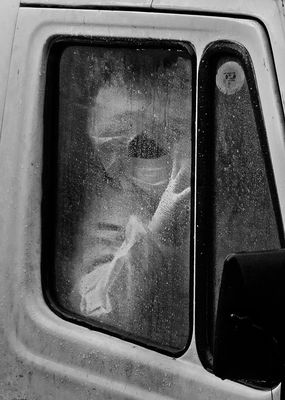There is a deep fear attached to the funerals of Covid-19 casualties, and the chimneys of the crematoriums in Bengaluru are alleviating this. As the electric furnaces reduce the bodies into ashes, the chimneys send out the visual proof.
Around the time Bengaluru became a Covid-19 hotspot, a few videos went viral—they showed families keeping vigil beside bodies kept on the streets, waiting for ambulances to arrive. Ambulance drivers, gravediggers and volunteers are now toiling to give proper funerals to those who have succumbed to the virus. Personal protective equipment (PPE) has become the new dress code at funerals, irrespective of religion.
The fear often borders on paranoia. Residents near a Christian cemetery in Vishwa Nagar, outside Bengaluru, stopped an ambulance carrying the body of an 86-year-old man who had tested positive for the virus. The police and civic authorities tried to reason with them, but the residents would not budge. The family eventually buried the body in a cemetery on Hosur Road.
Taking into consideration all these challenges, the Karnataka government recently earmarked 35 acres outside Bengaluru as an exclusive cemetery for Covid-19 victims.
“Almost 90 per cent of the bodies I transported were of people above 55,” said Naveen Gowda, an ambulance driver in his early 20s, as he leaves the Hebbal crematorium. “I do up to four trips a day, sometimes ferrying two bodies on a trip.”
The fear generated by social distancing has evolved into a stigma towards burials and cremations. Charitable organisations like Mercy Mission are working to eliminate that stigma. Their volunteers, called mercy angels, have helped more than 200 families across religions bid adieu to their loved ones, free of cost and by following protocol.
At the end of the day, the elements of nature do embrace the departed souls without discrimination.


